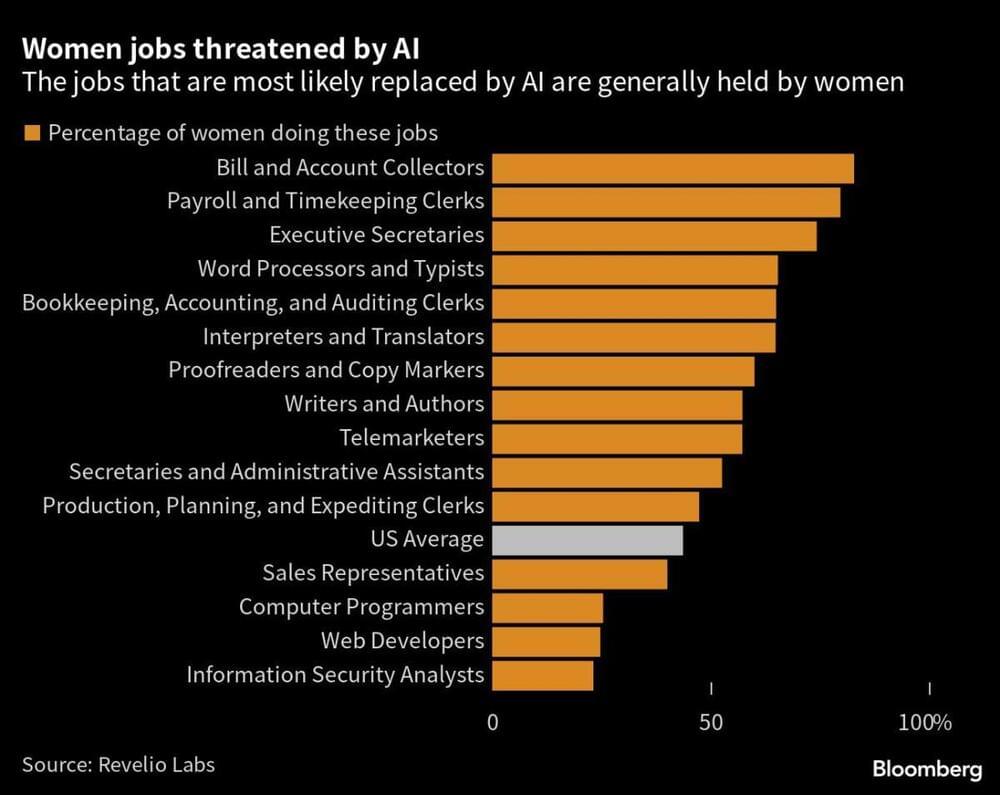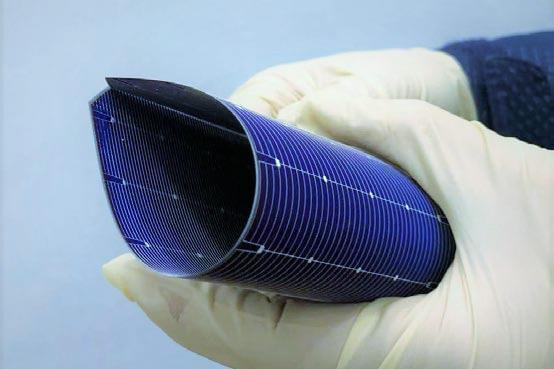AI not quite ready to automate all of these today, 2023, but will of automated most by end of 2029.
(Bloomberg) — While artificial intelligence is seeding upheaval across the workforce, from screenwriters to financial advisors, the technology will disproportionately replace jobs typically held by women, according to human resources analytics firm Revelio Labs. Most Read from BloombergChina Is Drilling a 10,000-Meter-Deep Hole Into the EarthInside the Making of Redfall, Xbox’s Latest MisfireDebt-Limit Deal Passes the House, Easing US Default ConcernsWall Street Banks Are Using AI to Rewire the.






